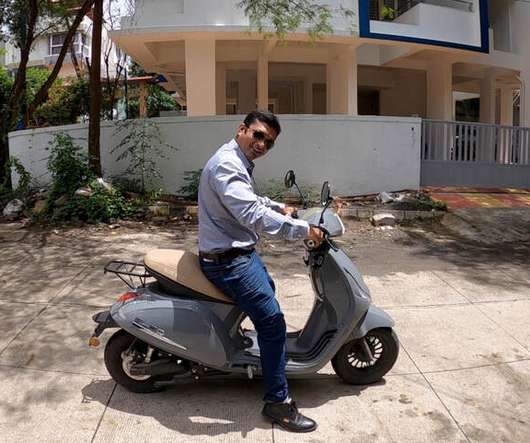A123 Systems acquires lithium titanate and Li-imide electrolyte technology from Leyden Energy; micro-hybrid focus
Green Car Congress
JUNE 16, 2014
A123 Systems LLC, a developer and manufacturer of advanced lithium-ion batteries and systems, has acquired Leyden Energy’s intellectual property in battery materials covering lithium titanate (LTO) and non-flammable electrolyte (Li-imide) developments for an undisclosed amount.












Let's personalize your content